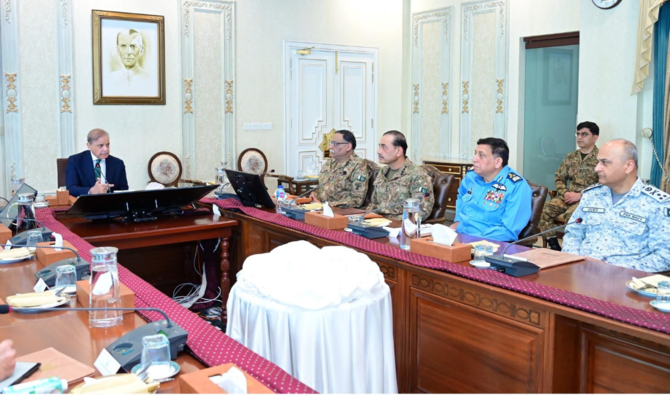MULTAN: Multan Sultans won the toss and elected to take the field first against defending champions Multan Sultans on Monday, as the eighth edition of the Pakistan Super League (PSL) kicked off with an enthralling opening ceremony.
PSL is Pakistan’s professional T20 cricket league and arguably the biggest and most lucrative sports brand in the country. It features six teams, each representing a Pakistani city, that play away and home matches against each other in Lahore, Karachi, Multan and Rawalpindi.
The PSL has come a long way since its first edition was held in 2016, helping launch several international cricket stars and becoming one of the most exciting cricket leagues around the world. Over the course of seven years, the league has attracted international cricketers like Shane Watson, Darren Sammy, Adil Rashid, Tahir Imran and Rashid Khan.
Security was beefed up inside the stadium and its surrounding areas, causing traffic congestion in many parts of the city, especially the road leading to the stadium from Vehari Chowk.
All roads leading to the Multan Cricket Stadium were sealed off by police personnel except one. Media persons without the PSL accredition were forced to travel at least one kilometer to arrive at the stadium's gates.
Huge buses shuttled stadium-goers from the parking area surrounding the Fatima Jinnah Housing Society to the Multan Cricket Stadium.
"We are here to support Multan Sultans, as usual," Muhammad Ahmad Talal Khan told Arab News, sporting a Pakistan cricket team jersey as he got off a shuttle. "This is our home ground, we are full of passion and as you can see, fans here are crazy [for their team]."
Khan said he was expecting the Sultans' Tim David and Muhammad Rizwan to score big in today's match. "David Weise and Fakhar [Zaman] are dangerous players," he said, adding that Lahore were a "balanced side" as well.
"I'm supporting Lahore Qalandars because they have Shaheen Shah Afridi," Amjad Behroze, 21, told Arab News before entering the stadium. "He's an excellent player and an impressive bowler. Let's see what happens next."
The match was preceded by an opening ceremony at 6pm which featured performances by singing sensations Sahir Ali Bagga, Aima Baig, Shae Gill, Asim Azhar and rapper Faris Shafi.
The opening tie will prove to be a test for Qalandars skipper Afridi, who will be returning to the field after a few months of injury. Afridi aggravated his knee injury with a freak twist during the ICC T20 World Cup 2022 final against England.
Squads
Multan: Mohammad Rizwan (capt & wk), David Miller, Josh Little, Shan Masood, Khushdil Shah, Rilee Rossouw, Akeal Hosain, Shahnawaz Dahani, Tim David, Usama Mir, Sameen Gul, Anwar Ali, Mohammad Sarwar, Usman Khan, Arafat Minhas, Ihsanullah, Abbas Afridi, Kieron Pollard, Ammad Butt, Wayne Parnell, IzharulHaq Naveed.
Lahore: Shaheen Shah Afridi (capt), Fakhar Zaman, Rashid Khan, David Wiese, Hussain Talat, Haris Rauf, Abdullah Shafique, Liam Dawson, Sikandar Raza, Ahmad Daniyal, Dilbar Hussain, Harry Brook, Kamran Ghulam, Mirza Tahir Baig, Shawaiz Irfan, Zaman Khan, Jalat Khan, Jordan Cox (wk), Ahsan Bhatti, Sam Billings (wk), Shane Dadswell, Shai Hope



















